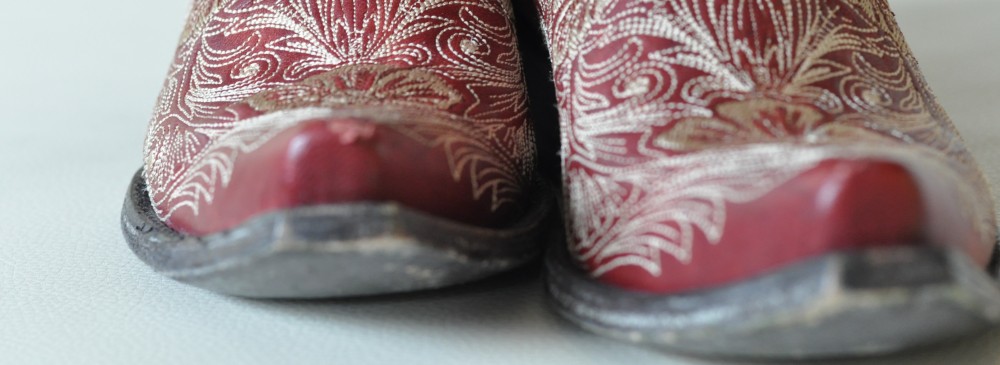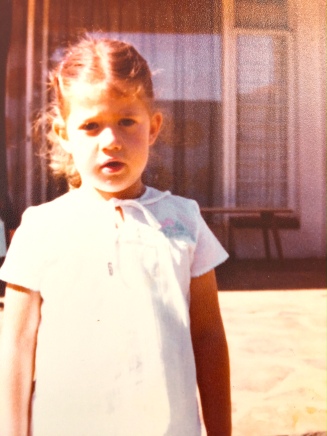 The wide African sky is streaked pink and gold as the sun inches toward the horizon. Sunset happens early and quickly in winter. The trees stretch their bare arms upwards, as if reaching for those last few essential rays of light. Their dark silhouettes are a dramatic contrast to the gently glowing sun and pinky-orange sky.
The wide African sky is streaked pink and gold as the sun inches toward the horizon. Sunset happens early and quickly in winter. The trees stretch their bare arms upwards, as if reaching for those last few essential rays of light. Their dark silhouettes are a dramatic contrast to the gently glowing sun and pinky-orange sky.
We are all quiet in awe and wonder.
One lone elephant grazes in the twilight. Her trunk effortlessly tears entire branches off the tree. She drops the woody limbs with their few leaves into her waiting mouth. Her tail swishes behind her, and the grass rustles. For many moments, we are surrounded only by cracking branches, whispering leaves and the setting sun.
We are the only humans around for miles.
We journeyed many hours and great distances across continents, oceans and time zones to this tranquil place at the bottom of Africa. It was a Thursday when we left our busy home in California. By the time we arrived in Johannesburg, it was Saturday. In our exhaustion and excitement, none of us noticed that we traveled through an entire Shabbat.
Like many Bay Area Jews, we celebrate Shabbat and observe the laws and customs of our religion in our own traditional ways: we eat homemade challah and enjoy a family dinner every Friday evening; we keep a kosher home, and the no-pork-no-shellfish rule applies when we eat out; some years we do only one Passover seder, and Lag Ba’omer was a holiday that completely escaped us this year. I acknowledge to my husband and to myself that we are doing our best to teach our four children about Judaism and how to live a Jewish life … but sometimes I wonder if it’s enough.
And now here we are a few days after our arrival, watching the sun bid farewell to a quiet Friday afternoon on the African savannah. Our Shabbat candles and kosher home are far away, as we glimpse a giraffe gently loping though the trees. The elephant doesn’t seem to mind as she continues to munch the branches. A baboon runs across the road with a baby on its back, and now my own kids start to chatter and complain that they’re hungry.
The sun has set and it’s dark by the time we head back to our hotel just outside the magical game reserve. We cross the bridge over the shallow river as we make our way toward the main gate. “Do you think the hippos are still there, Mom?” my daughter whispers to me.
Nobody mentions candles, challah or Shabbat as we head to dinner. We are full of thoughts and conversation about the leopard we saw hiding in the tree, the pack of wild dogs we came across in the middle of the road (a rare sighting!) and the sinister vultures scavenging in the wild brush. It was a thrilling day, and we are all eager to recount our wildlife experiences over and over. The air smells of wood smoke and we take our seats around the table in the outdoor restaurant, close to the fire pit. I watch my kids argue about how many times they saw buffalo. The fire throws flickering shadows over their happy faces and I briefly remember that it’s Shabbat, but I say nothing.
Dinner is a buffet of exotic foods: a rich lamb curry, roast beef, kudu steaks and impala sausage. My daughter returns to the table with her standard bowl of plain pasta and my youngest son is happily tucking into a plate of salad. No unusual foods for these two! But my older boy taps my shoulder.
“Mom,” he says with a frown. His brown eyes are confused and a little worried. “Mom, is crocodile kosher?”
In the wild heart of South Africa, where the animals roam free and the air is pure and quiet, we are so far from our routines, from the customs and rituals of our regular life, and I mistakenly assumed that meant we were far from our Jewish lives, too.
But no matter where in the world we are, we are always connected to our Jewishness. And, just for the record, crocodile is not kosher.
This post originally appeared in my “In Real Life” column in J. the Jewish News Weekly of Northern California under the title “‘Mom, is crocodile kosher?’ A curious question in the wild heart of South Africa.”
This is a Finish the Sentence Friday post, where writers and bloggers gather together to share their versions of a completed sentence. This week’s prompt was, “This summer…” Hosted by the wonderful Kristi of Finding Ninee.




